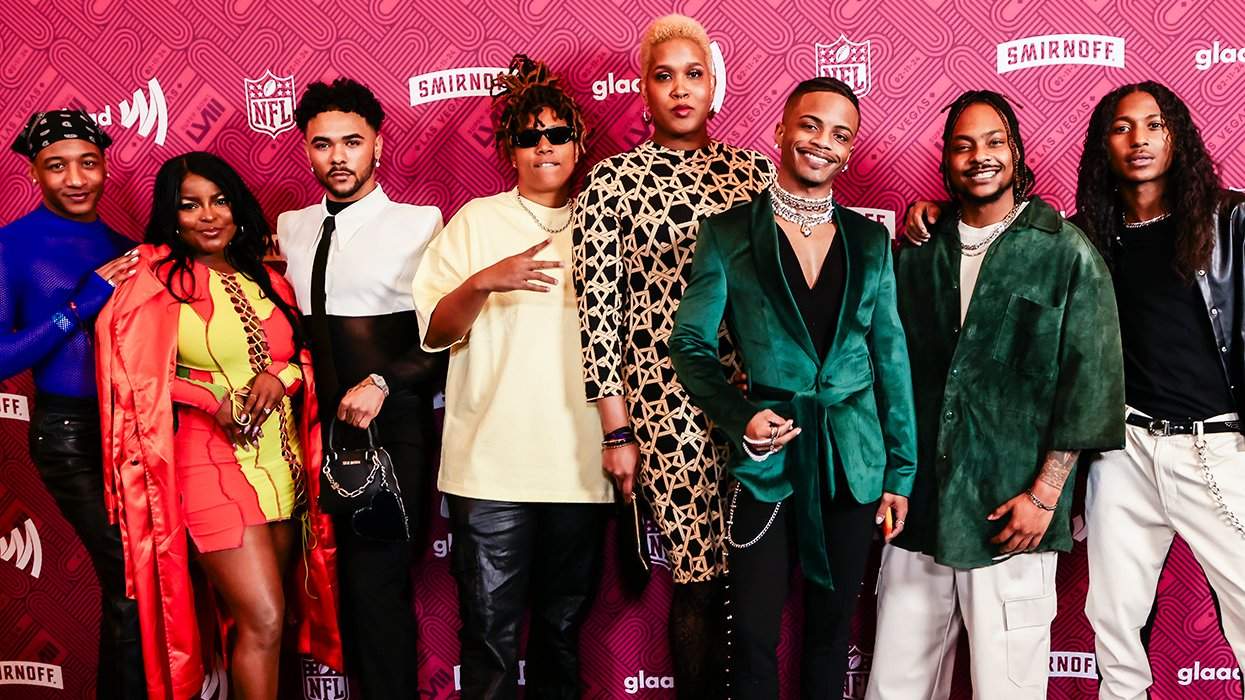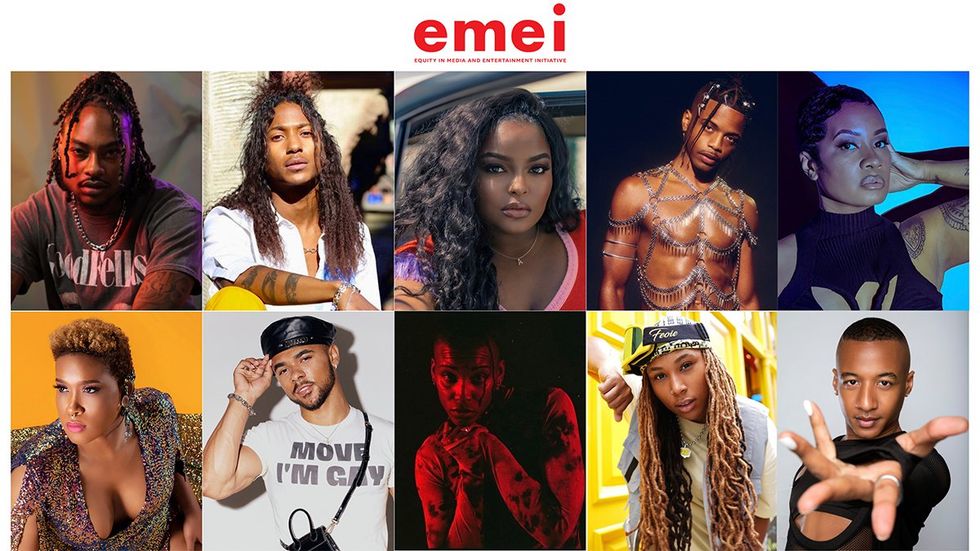For as long as I can remember, music has been an integral part of how I navigate through the world. For many, it’s almost been used as another language to connect with others, from finding the perfect song that fits the right emotion to sharing a moment with a loved one.
Even as a listener, it becomes a form of coloring the world and expressing myself. The song lyrics create a story, and when they come from an artist I identify with, it makes every melody and harmony land even heavier on my spirit.
Media is just another representation of what makes up the world, so to see yourself in it, you can have another look at the beauty of what makes you. Yet, as a Black woman and, moreover, as a member of the queer community, I’ve found that mainstream entertainment often fails to authentically represent the intersectionality of my identity.
The music industry has long been criticized for its lack of diversity and inclusivity, particularly in the representation of Black queer artists. Despite the vast contributions of Black queer individuals to various music genres, from jazz to hip-hop, there remains a stark absence of dedicated spaces that cater to their unique experiences and expressions. Within an industry that claims to celebrate creativity and diversity, Black queer artists often find themselves overlooked. So often, these artists lack access to traditional funding sources due to historic economic disparities, discriminatory lending practices, limited platforms for promotion, and navigating mainstream systems. This leaves many talented artists wearing multiple hats and operating from a place of limited resources with little room for growth.
The absence of Black queer-centric spaces within the music industry has profound implications for creative expression and authenticity. Without platforms that expressly acknowledge and amplify their voices, Black queer artists may feel compelled to conform to mainstream norms or suppress aspects of their identity to gain recognition and success. This pressure to conform not only stifles individual artistic expression but also perpetuates harmful stereotypes and erases the rich diversity within the Black queer community.
Enter GLAAD’s announcement of the lineup for the second year of its Equity in Media and Entertainment Initiative (EMEI), setting the stage to leave an indelible mark on the entertainment industry that I recognize is necessary.
The EMEI program’s approach fosters professional networks, provides access to executive leaders and spaces, and supports the early development of creative projects. By focusing on talented LGBTQ+ music artists of color, GLAAD is recognizing us and actively working to reshape the landscape of an industry that has historically struggled with inclusivity.
This year’s cohort comprises ten Black LGBTQ+ independent music artists: 2 AM Ricky, Albanus Thierry, Asiahn, Damez, Mylah Muse, Shah, Siaira Shawn, Suni MF, Victor Jackson, and Neveringending Nina. A bicoastal group from Los Angeles to New York City to Atlanta, each of these artists brings their unique sound, background, and stories into Hip-Hop, RnB, and Soul. Stories that are often turned down.
I’ve watched this be the case for some of my favorite independent artists as well as friends of mine who are navigating the music space as queer Black artists. It can be disheartening when the primary queer representation that seems to regularly get pushed is queer white artists. They seem more likely to be socially accepted and have support throughout mainstream media. Music executives and labels sometimes aren’t equipped to handle or market Black, queer artists and instead encourage more gender-neutral work from them to make the artist more palatable. As a listener, it makes us pick between and ask ourselves, “Am I going to take in art that represents my queerness or my Blackness today?”
Initiatives like EMEI are vital steps towards dismantling levels of underrepresentation that persist in the entertainment industry. By actively supporting diverse talents, we are enriching the creative landscape and contributing to a cultural shift that embraces authenticity and celebrates differences.
To enact lasting change, others in the industry must follow suit. GLAAD’s EMEI Program serves as a driving force, demonstrating that change is possible and necessary. It emphasizes our call to industry leaders to take note and recognize the value of fostering diverse talent and contributing to a cultural tapestry that reflects the true breadth of human experiences.
And this is only one example of how we can lead the charge in transforming entertainment industries by investing in LGBTQ+ artists of color. The 2024 EMEI Cohort is set to make waves, and their success will undoubtedly echo beyond the confines of the program, inspiring a new era of inclusivity and creativity. And I cannot wait to hear it.
Tymia Ballard is a Junior Associate for GLAAD's Communities of Color and Media. For more information about GLAAD, please visit glaad.org.
Views expressed in The Advocate’s opinion articles are those of the writers and do not necessarily represent the views of The Advocate or our parent company, equalpride.
Want to share an opinion on an issue? Have an inspiring personal story to tell? Learn more by visiting advocate.com/submit.
















